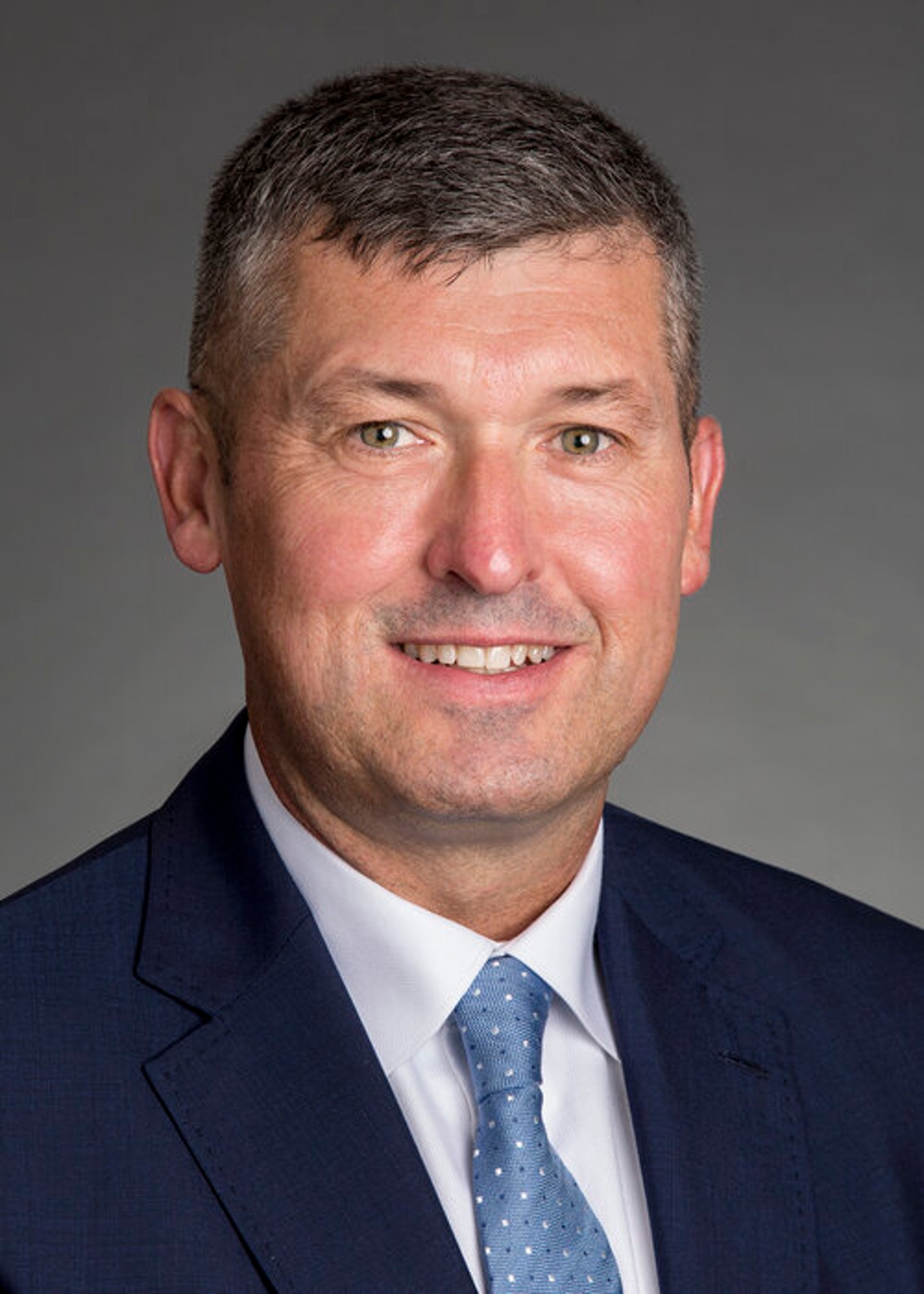Wakefern Eyes Additional Private Label Growth
Among the rapid-fire changes to consumer behavior seen in recent years has been a growing shift to private label products.
Driven largely by economic concerns as shoppers took steps to stretch their dollars in the face of rising prices, the gains made by store brands over the past two years have led many grocers, including Wakefern, to re-evaluate their assortment and identify opportunities for growth.
Looking to build off the success of its Bowl and Basket and Paperbird private labels that first hit store shelves near the end of 2019, Wakefern Chief Merchandising Officer Bryant Harris said the company has targeted several product categories for store brand expansion.
During an interview with Store Brands at the recent FMI Midwinter Conference in Orlando, Harris highlighted those opportunities and discussed Wakefern’s continued focus on boosting its private label assortment to meet the needs of its shoppers.
STORE BRANDS: What are some areas of focus for Wakefern in 2023?
BRYANT HARRIS: There are several challenges out in the marketplace today. One of them is getting a clear understanding of what is motivating consumers as they shop. We have to figure out what behaviors are leftover from the pandemic and which are the result of inflation. I feel as if there will be a point when the consumer says “enough is enough” and will dramatically change their behavior. Should that happen, we’ll need to offer them a value statement that meets their needs. This provides us a unique opportunity.
SB: Private label plays a big role in offering a strong value statement. What is the state of Wakefern’s assortment at the start of 2023?
BH: We still have tremendous opportunities for growth. For example, we launched Bowl and Basket (in 2019) and I feel we still have a tremendous amount of upside. The focus for us is filling voids in our assortment. The supply chain issues of the past 18 to 24 months made it difficult for our suppliers to provide a full assortment of products that we wanted.
SB: What are some of those categories where you see growth opportunities?
BH: There are several. One is the ethnic category. The other is with specialty cheeses, where we have already launched some new items. The other is bakery. It’s an area we haven’t touched yet, but it’s a category that I can envision private label being a majority of the department one day.
SB: Wakefern has put a great deal of effort into its Own Brand Vendor Summit. How has this benefitted your product development process?
BH: I was pleasantly surprised by the response we received. During the height of the pandemic many suppliers were at capacity and had concerns about the availability of products because of the supply chain issues. As a result, many were reluctant to bid on new business. But we had 1,400 items submitted during our most recent vendor summit. This is a clear indication that suppliers are getting back to a position where they are looking for new business. In recent months, suppliers are also talking more about investments they have made in capacity and having additional production lines. They are again bringing ideas they feel will be relevant to our shoppers and on trend.
SB: Does Wakefern have plans to boost how it markets its private label assortment to consumers?
BH: We are very much proud of our brands and our packaging designs. These are products that the consumer is comfortable with having sit on their counters at home. But we are always reviewing and looking to enhance our packaging. With our frozen business, we quickly realized that some of our packaging wasn’t popping as well as it was in other parts of the store. We realized we had to relax the guardrails on our packaging design to make sure we were catching the consumer’s eye in store. When we revamped the packaging of products in our freezer section, we saw immediate improvements in sales.
SB: What impact is sustainability having in the overall conversation with Wakefern’s private label assortment?
BH: We are continually having conversations with suppliers about sustainability. The conversation is about what we want to do, and what we want to avoid doing wrong. It’s not just about today but about the future as well. We want to make sure we're innovating with our packaging, which is very important as many states in the Northeast are very aggressive in moving the industry to address this issue. We need to make sure we're out in front of them.


